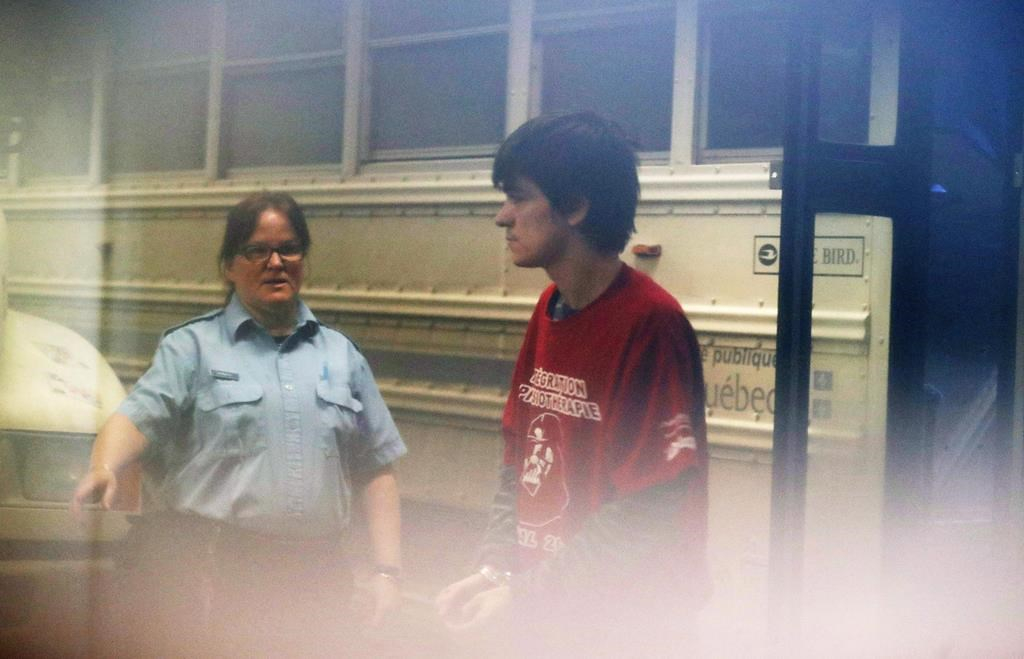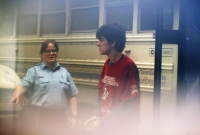Support strong Canadian climate journalism for 2025
The judge deciding the fate of Quebec City's mosque shooter says he needs additional information from the Crown and defence and more time before pronouncing a sentence.
Quebec Superior Court Justice Francois Huot told lawyers Friday that he could not go ahead with the sentencing of Alexandre Bissonnette on Oct. 29 as planned because he still has unanswered questions. He now says a decision may not come before the end of January.
Bissonnette pleaded guilty in March to six charges of first-degree murder and six of attempted murder after he walked into a mosque in the provincial capital in January 2017 and opened fire.
Huot said that following a June sentencing hearing he has pored over the "colossal" documentation in the file but is left with concerns over whether consecutive life sentences for Bissonneette, 28, could amount to age discrimination under the Canadian Charter of Rights and Freedoms.
The defence has argued the killer, 28, should be eligible for parole after 25 years in prison while the Crown wants Bissonnette to receive consecutive life sentences for each victim — amounting to a 150-year sentence. Huot questioned whether he is obliged to impose a sentence in blocks of 25 years, saying that is not "ideal."
He asked the two sides to present additional arguments in a hearing Nov. 21. "I don't know whether these facets will play a part in any way in the decision I will make, but ... I wanted to cover all the angles," he said.
The Criminal Code was modified in 2011 to allow a judge to impose consecutive sentences for multiple murders.
Huot at one point addressed Bissonnette directly, saying the decision-making process has been "a little longer than expected" and adding that a final date will become clearer at the hearing next month.
The judge acknowledged that the wait is difficult for survivors of the attack and loved ones of the victims, some of whom were in the courtroom Friday.
Amir Belkacemi, whose father Khaled Belkacemi was killed in the attack, said he has grown accustomed to delays in the justice system. Each return visit to the court is emotionally draining, he said.
"Ultimately what is important for us is that justice will be served," he said. "This is what really matters to us. It's not a question of time."



Comments